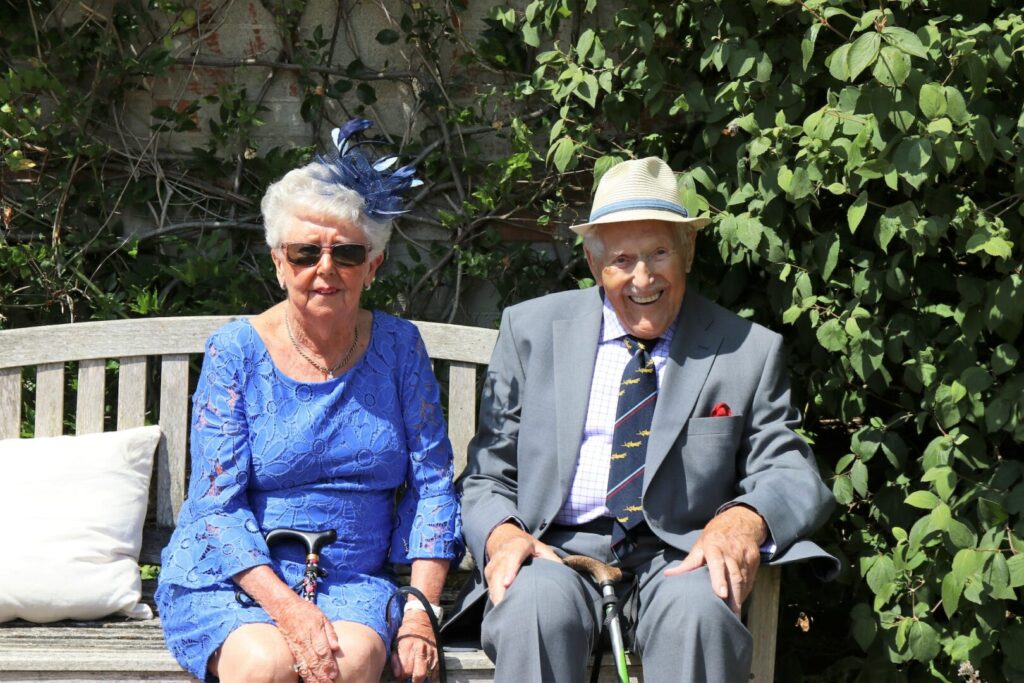To make sure that senior Australians maintain the rights and dignity they deserve when they are in care, the Australian government established the Charter of Aged Care Rights.
Here is everything you need to know about the Charter of Aged Care Rights and how it helps to protect the elderly in Australia.

What is the Charter of Aged Care rights?
According to the Aged Care Quality and Safety Commission, the Charter of Aged Care Rights is a requirement of the Aged Care Act,1997 that describes the legislated rights of a consumer of a Government-subsidised aged care service.
Put more simply, it is the rights that a consumer has when they are using aged care services in Australia.
The Aged Care Charter lists those rights as:
- Access to safe and high-quality care and services
- To be treated with dignity and respect
- To have identity, culture and diversity valued and supported
- To live without abuse and neglect
- To be informed about care and services in a way that can be understood
- To have access to all information about myself, including information about rights, care, and services
- To have control over and make choices about care, and personal and social life, including where the choices involve a personal risk
- To have control over, and make decisions about, the personal aspects of daily life, financial affairs, and possessions
- To have independence
- To be listened to and understood
- To have a person of choice, including an aged care advocate, support or speak on someone’s behalf
- To complain free from reprisal, and to have complaints dealt with fairly and promptly
- To have personal privacy and to have personal information protected
- To exercise rights without it adversely affecting the way someone is treated
You can find the complete Charter of Aged Care Rights booklet here if you want to learn more.
What are the five major rights that older people have regarding care?
The United Nations lists five key rights that all elderly people have when it comes to aged care:
- Independence
- Participation
- Care
- Self-fulfilment
- Dignity
The United Nations encourages governments to incorporate these five major rights into their national programmes wherever possible, and this is what the Australian government has done with the Charter of Aged Care Rights.
Why is the Charter of Aged Care rights so important?
Elder abuse is a serious problem around the world. The United Nations notes that more people than ever before are living to an advanced age resulting in an increasing number and proportion of elderly people. This in itself is leading to more need for elderly support and more strain on the corresponding support networks.
Unfortunately. the strain on elder support can lead to a number of negative outcomes – worst of all being elder abuse. Elder abuse is a serious problem that can present itself comes in six recognised forms:
- Psychological abuse
- Physical abuse
- Social abuse
- Financial abuse
- Sexual abuse
- Neglect
Any of these forms of abuse are significantly harmful to an elderly person, and it is vital to their well-being that measures like the Charter of Aged Care are put in place to ensure that such violations do not happen. To learn more about elder abuse and how to prevent it, check out our recent article here.
What are the rights and responsibilities of an aged care provider?
In Australia, Aged care providers are required by the Charter of Aged Care to help recipients of aged care to understand the rights granted to them in the charter. They are also required to give all recipients a copy of the charter signed by the provider. The recipient is given the option to sign the charter to show they have understood. This is entirely optional, though, and an individual does not have to sign if they choose not to.
The service provider needs to ensure that the recipient understands:
- Their rights regarding the services they receive
- Their rights under the Charter
Aged care providers are also bound by the duty of care responsibilities to the elderly Australians under their care.
What is the duty of care in aged care?
Duty of care is the legal responsibility to ensure the safety and well-being of others. In the aged care industry, it applies to service providers. These providers have a duty of care to ensure their residents and recipients are able to live their best, safest, and healthiest life.
Some of the ways that aged care providers might be expected to uphold their duty of care are:
- Providing personal care and assistance with activities of daily living
- Monitoring an older person’s health and well-being
- Responding to any changes in an older person’s condition
- Creating a safe and supportive environment
- Providing information and support to families and carers
Duties and responsibilities vary greatly, depending on the role of the staff member. For instance, administrative staff will not have the same medical responsibilities as nurses or doctors. Regardless of their role however, all staff must commit to the duty of responsibilities outlined above.
Read more: Understanding duty of care in aged care?
What are the main standards in aged care?
Part of maintaining the duty of care and carrying out the responsibilities of caring for elderly Australians is maintaining the eight main standards as laid out by My Aged Care.
These eight responsibilities are:
- Consumer dignity and choice
- Ongoing assessment and planning
- Personal care and clinical care
- Services and support for daily living
- Organisation’s service environment
- Feedback and complaints
- Human resources
- Organisational governance
Aged care homes are now even rated by quality standard performance, as you can see at My Aged Care. The rating is done on a system, with four tiers going from “All requirements met” to “few requirements met”. You can check this rating when you use the Find a Provider tool on the My aged care website, and it can be very helpful in choosing the right aged care facility.
In addition to this, Aged Care Decisions associated company, Aged Care Reviews has thousands of review of nursing homes across Australia from families who have either toured or received care at a facility. You can access this reviews HERE.
Want a custom report of the highest-rated aged care providers near you? Aged Care Decisions works with the biggest selection of aged care providers across Australia – big and small – to make sure you have choice and control.
Access transparent information & pricing to make a hassle-free decision with no stress by filling out your details here.







